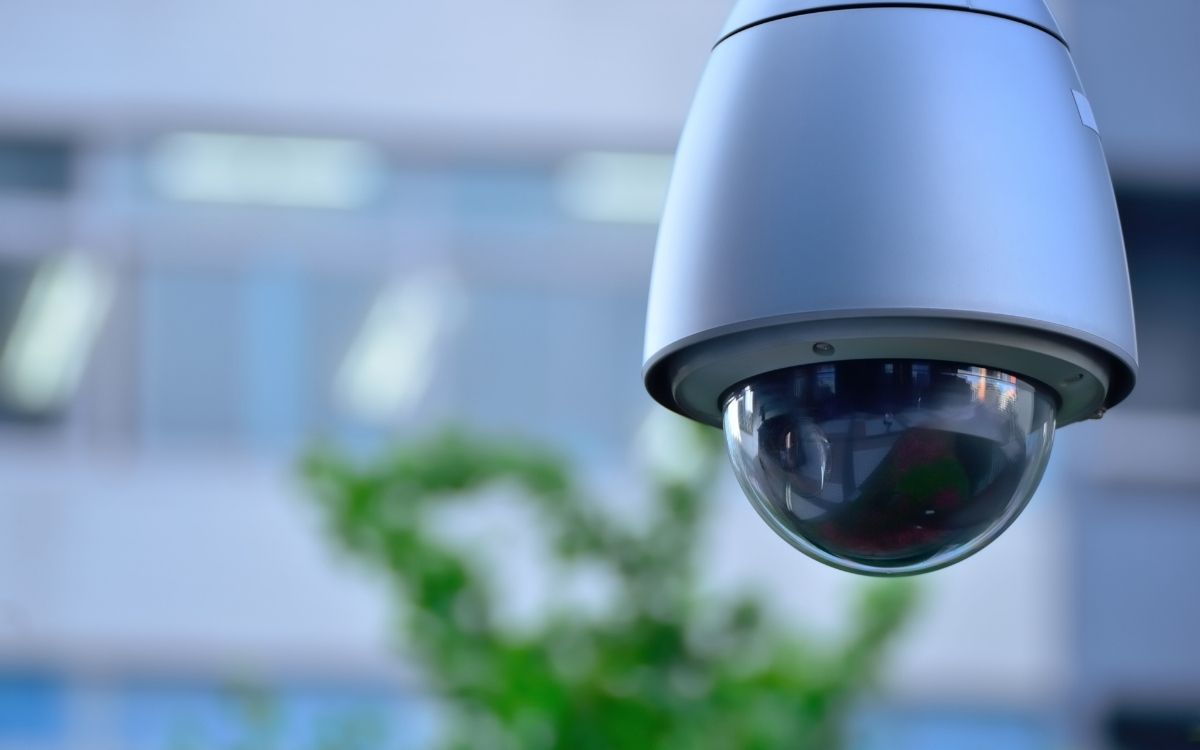Examples of Negligent Security: Do You Have a Claim?
Lee Floyd—April 13, 2022

Each year, around four in every 1,000 Americans become victims of a violent crime, such as robbery, assault, battery, rape, or murder. And in some of these cases, a breach in security is what allowed the perpetrator to gain access to the victim. In other words, there are often situations where adequate security measures could have averted the attack.
This type of “negligent security” can sometimes give rise to a civil claim against the person or party responsible for safeguarding guests’ safety.
From apartment managers who are slow to repair broken locks to nursing home operators who don’t track visitor logs, security negligence can cause serious harm.
Below, we’ll discuss some of the most common examples of negligent security to give you a better idea of whether you might have a legal claim.
What Does Negligent Security Look Like?
While no one can predict or protect against every random attack, property owners are legally required to take reasonable measures to ensure the safety and security of “invitees” (guests or visitors).
Property owners are legally required to take reasonable measures to ensure the safety and security of guests or visitors.
Failing to take these reasonable measures can subject a property owner to liability if a security breach ultimately leads to a guest’s injury.
Although each negligent security lawsuit is different, there are certain situations that tend to come up most often in these claims.
Consider the following common examples:
A bar is well known for its rowdy crowds and loud parking lot fights.
However, the bar doesn’t have any security guards or parking lot cameras. One night, a fight breaks out, and one patron hits another with their car. Along with the assailant’s responsibility for the injuries they’ve caused, the bar could be responsible for not taking appropriate security measures while being aware that its patrons were prone to physical altercations.
An apartment building has many sliding glass doors that don’t secure properly.
Despite tenant complaints, the apartment management refuses to replace or secure the sliding doors. One night, an assailant breaks into a tenant’s unit through the sliding door and attacks the tenant. The apartment management may be responsible for failing to adequately secure the units from burglars.
About one-third of the lightbulbs in an enclosed parking garage are burned out, but the garage owner makes no effort to replace them.
If someone is mugged or injured by an assailant, the garage owner could be liable for failing to provide safety lighting.
Although a nursing home has security locks for its doors to prevent residents from getting out without a numerical code, it allows free entry from the outside.
It also doesn’t require visitors to check in. This lack of security could make the nursing home responsible for the actions of someone who enters from the outside and injures one or more residents.
A college dorm requires residents to swipe their student badges to enter, but students often prop the doors open to allow guests.
If the college administration is aware of this practice and doesn’t take efforts to stop it (like installing alarms that go off when the door is left open) it could be responsible for any injuries resulting from a person’s unauthorized entry.
A hotel has recently had several guests report thefts from their rooms, but it doesn’t install security cameras or interview staff members to check for suspicious behavior.
A few weeks later, a hotel employee enters a guest’s room. When the guest returns to his room, he is attacked by the employee. The hotel could be responsible for not taking adequate security precautions after receiving the theft reports.
Negligent security liability turns on the property owner’s knowledge, or reason to know, that conditions on the property put guests or visitors at an increased risk of harm.
Where Do Negligent Security Situations Happen Most?
Many negligent security cases involve the security of communal housing – dorms, nursing homes, hospitals, apartment complexes, and hotels.
Many negligent security cases involve dorms, nursing homes, hospitals, apartment complexes, and hotels.
At places like these, the property owner accepts responsibility (and therefore has liability) for making sure those living or staying there are protected from attacks by those who enter their space.
Negligent security claims can also be brought against common carriers like bus and train operators or even airports, as well as parking lot and parking garage owners, movie theaters, bars and restaurants, retail stores, malls, office buildings, event venues, schools, and government properties.
Again, these owners or entities have taken on a special duty of care for those who enter their property; this means taking reasonable steps to protect patrons, whether for a few minutes or a few hours.
There’s no one single standard for what makes a place appropriately secure, and different properties will always require different security measures. But there are some security measures – or lack thereof – that can give rise to a negligent security claim. These include:
- No security cameras
- Broken security cameras
- No recording or watching security camera footage
- No security guards
- Untrained security guards
- Security guards without background checks
- No door locks
- Broken door locks
- No limit on access to communal living or lodging areas
- Broken doors, gates, or fences
- No alarm system
- A malfunctioning alarm system
- No lighting
- Inadequate lighting
- And more
Who Can Sue for Negligent Security?
A negligent security claim is a type of personal injury claim. And like other personal injury lawsuits, a claim may be brought by:
- The injured person, if age 18 or over
- The parent or guardian of an injured minor
- The injured person’s spouse
If the injury results in the victim’s death, a lawsuit can also be brought by the victim’s personal representative – generally a spouse, children, a parent of a minor or unmarried adult, or other close relatives.
Who Can Be Sued for Negligent Security?
Generally, the property owner – whether individual, corporation, or government entity – is responsible for ensuring the security of the property.
But in some cases, this responsibility is delegated to a property manager, commercial tenant, or security company that can later be held liable in a negligent security claim.
For example, real estate companies that are based in one state but operate properties in multiple states often depend on property managers to handle day-to-day issues. In these situations, the property manager may be partially or fully on the hook for any negligent security damages.
The answer to who should be named a negligent security claim can vary widely based on the facts and circumstances of each case. Your attorney will need to research who owns, manages, or controls the property where you were injured. In some cases, it may be necessary to add additional parties to a complaint even after it’s been filed.
What to Do If You’ve Been Injured Due to Negligent Security
If you or a loved one has been injured due to someone else’s failure to provide appropriate security, it’s important to contact an attorney as soon as possible.
The experienced personal injury attorneys at Breit Biniazan can investigate your claim, negotiate with the other parties, and help you secure the compensation you deserve. Your time should be focused on healing – let us focus on the legal logistics.
If you need help evaluating your next steps after an injury, contact Breit Biniazan online or give us a call at (855) 212-8200 to speak to a member of our legal team.
By Lee Floyd
Partner
“The highest and best use of my time is to help others when they have nowhere else to turn.” – Lee Floyd
At Breit Biniazan, Lee Floyd works tirelessly to represent innocent clients harmed by the negligence of others. She left the world of corporate defense for personal injury litigation. Now, as a Partner with Breit Biniazan, she offers a unique perspective: a peek into what corporate defense teams do and say behind closed doors. Her previous experience gives Breit Biniazan clients the upper hand.
Categories:
Office Locations
Related Posts
Categories
We are personal injury attorneys
Fill out our contact form to speak to our experienced Virginia trial attorneys. Breit Biniazan has helped recover millions of dollars in cases. Learn how we can help you today.
